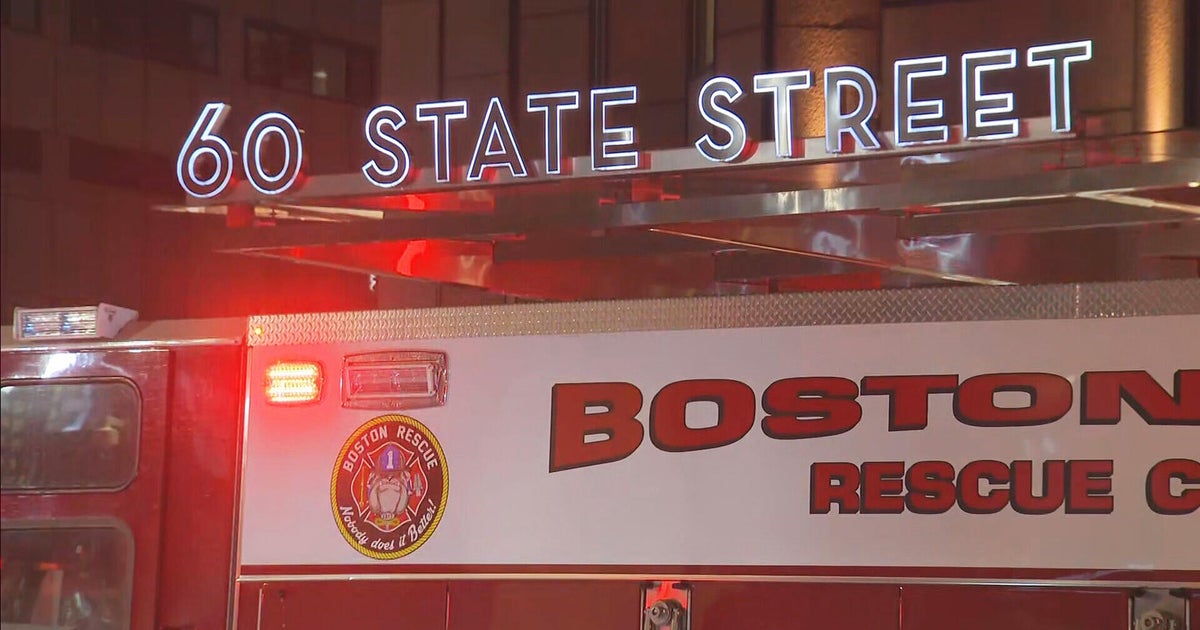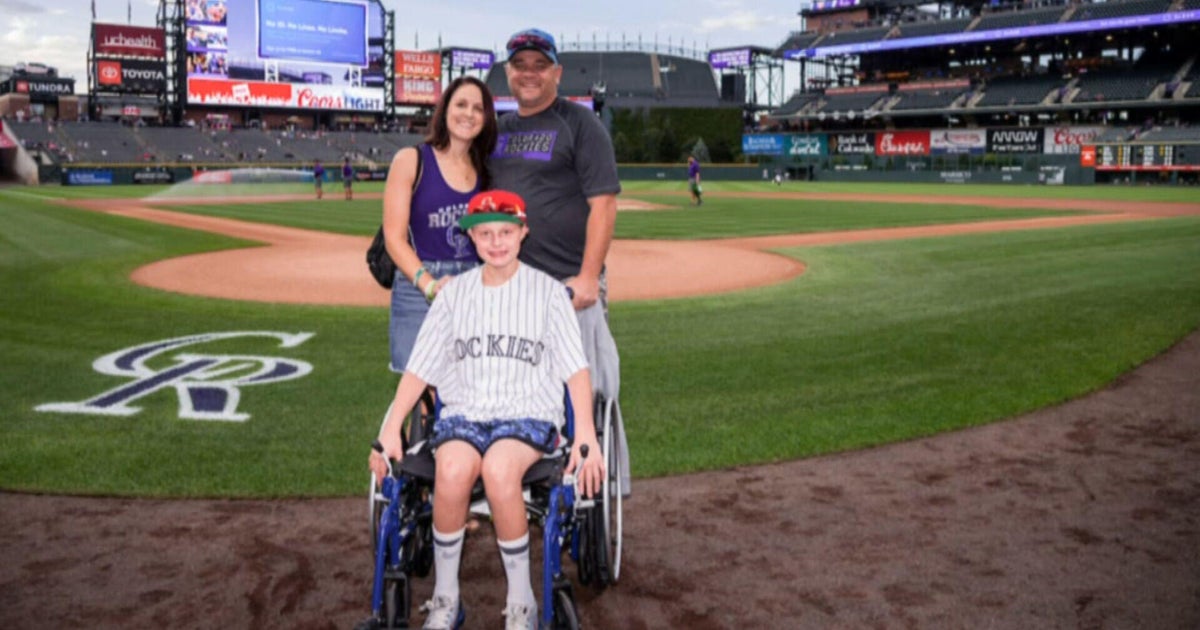Northbrook company uses miniature X-ray machines to detect disease around the world
NORTHBROOK, Ill. (CBS) -- Inside a non-descript building in the northern suburbs, you'll find a pop of color headed far away from here.
Morning Insider Lauren Victory explains how small yellow X-ray machines could make a big impact on global health.
The country of Benin in Africa will soon be another pin in the MinXray map showing the 60-plus nations where the Northbrook company's equipment is in use.
Mike Cairnie, director of global and government sales, has traveled to most of the spots to train the locals. Usually he returns with a story, like the one time he was in the Pacific Island of Truk.
"There was an airline crash and instead of training people the first day like I was supposed to, we spent 14 or 15 hours X-raying plane crash victims," Cairnie said.
He recently returned from a different trip to Nepal where he traveled by helicopter and suspended bridge to hospitals near Mount Everest base camp.
He recapped that story: "'Hey, we want to show you this new X-ray machine.' And the doctor said, 'Sure that'd be awesome. Where is it?' I said, 'It's in the backpack.' She said, 'You gotta be s***ting me.'"
Swears words because MinXray's latest gadget runs on battery, is handheld and weighs less than 15 pounds. Like TV news cameras, the technology is getting smaller, lighter and more advanced. Some versions of the new MinXray machine even come with artificial intelligence to analyze X-rays for you.
"We're trying to draw attention to the idea that folks who get early access to diagnostics services are going to live healthier lives," said Cairnie.
If that sounds like a sales pitch, well, it kind of is. You see, Cairnie admits the Nepal trip was a marketing effort but said the gimmick is for good reason.
"[The portable X-ray machine] is a really a huge gamechanger in a very specific region of active case-finding for tuberculosis," said Cairnie, adding that it can be hard to locate people infected because they often live in not very accessible places.
The World Health Organization (WHO) says Tuberculosis, a deadly and highly contagious disease, killed 1.5 million people in 2020.
"The idea now is screen people directly, sometimes in very difficult-to-reach locations," said Cairnie which explains his recent sales and trainings in Nigeria and Uganda.
His trips further MinXray's case: that its compact equipment can make it to and work in remote villages struggling with Tuberculosis. The hope is global health organizations take notice and pick up the tab. Each machine costs roughly $50,000.
The mini X-ray machines also save money by preventing unnecessary helicopter evacuations if a screening shows a medical emergency is more minor than expected.
The equipment can be used on animals too and is found on many military bases around the world.













